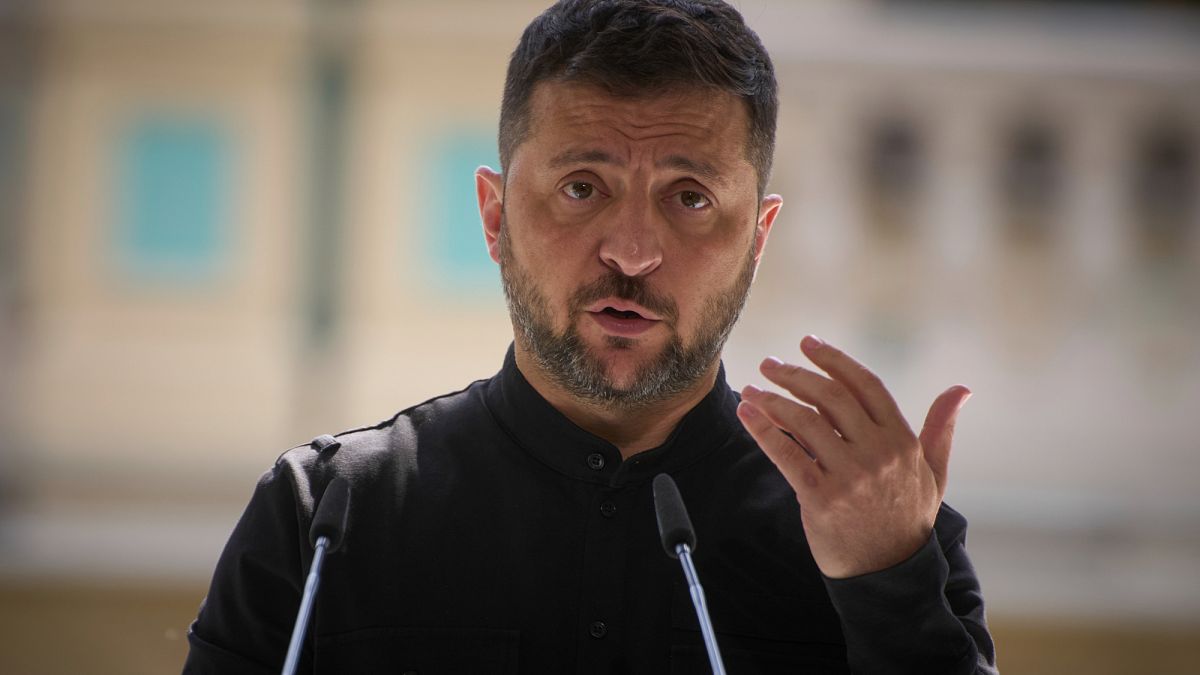

In the ever-evolving landscape of international relations, recent events have highlighted significant shifts and diplomatic engagements around the world. Each development brings with it a unique narrative, woven into the fabric of global interactions. This week, key actions by Ukraine, Belgium, France, and others underscore the dynamic nature of contemporary diplomacy.
Ukrainian President Volodymyr Zelenskyy has made a notable move in the ongoing discussions with Russia. In response to Russian President Vladimir Putin’s proposal for a meeting in Moscow, Zelenskyy deemed it impractical and proposed an alternative—meeting in Kyiv. This suggestion signals Ukraine’s firm stance on sovereignty and its desire for diplomatic dialogues to occur on more neutral grounds. This interaction is a reminder of the complex dynamics at play in the region, remaining calm yet steadfast in seeking resolutions that respect Ukraine’s autonomy.
Meanwhile, in Europe, Belgium has stood solid amidst external pressures stemming from its controversial decision regarding Israeli settlements. The Belgian government’s choice to recognize Palestine and impose sanctions on certain Israeli settlements has drawn concern, particularly from Israel and the United States. Despite potential ramifications, Belgium maintains its commitment to its foreign policy decisions, showcasing a dedication to principles it holds dear. Such actions highlight the challenges and responsibilities countries face when aligning their foreign policies with international human rights standards and their own national values.
France, another key player in global affairs, has been engaged in a nuanced form of ‘cheese diplomacy.’ The French foreign ministry is striving to enhance the public’s understanding of diplomacy through unconventional yet relatable means. By drawing parallels between cheese, a staple of French culture, and diplomatic exchanges, the ministry aims to demystify its work and broaden public comprehension of its role. This initiative serves as a gentle reminder of the diverse approaches governments can use to engage with their citizens and convey important messages.
On the international stage, France is also responding to scrutiny from the United States over issues in Gaza. Utilizing modern tools such as online platforms, the French foreign ministry counters narratives by presenting its perspective, committing to fair dialogue amid criticism. Such digital diplomacy enables nations to address misunderstandings and misrepresentations in real-time, fostering transparency and conversation. As countries navigate these diplomatic waters, respectful communication remains a key element in mutual understanding and cooperation.
The multifaceted nature of these diplomatic activities showcases a world where relationships between countries are in constant flux. Each nation, with its distinct approach to foreign policy, contributes to the global tapestry with actions that resonate beyond borders. As we reflect on these events, it becomes apparent that diplomacy is as much about discussion and negotiation as it is about respect for each nation’s narrative and the desire for peaceful resolution.
In a world where diplomacy often takes center stage, understanding the subtleties of international relations helps us appreciate the ongoing efforts towards peace and cooperation. Through calm reflection and mindful engagement, these diplomatic movements offer a lens into the enduring pursuit of harmony across the globe.
Source: {link}
